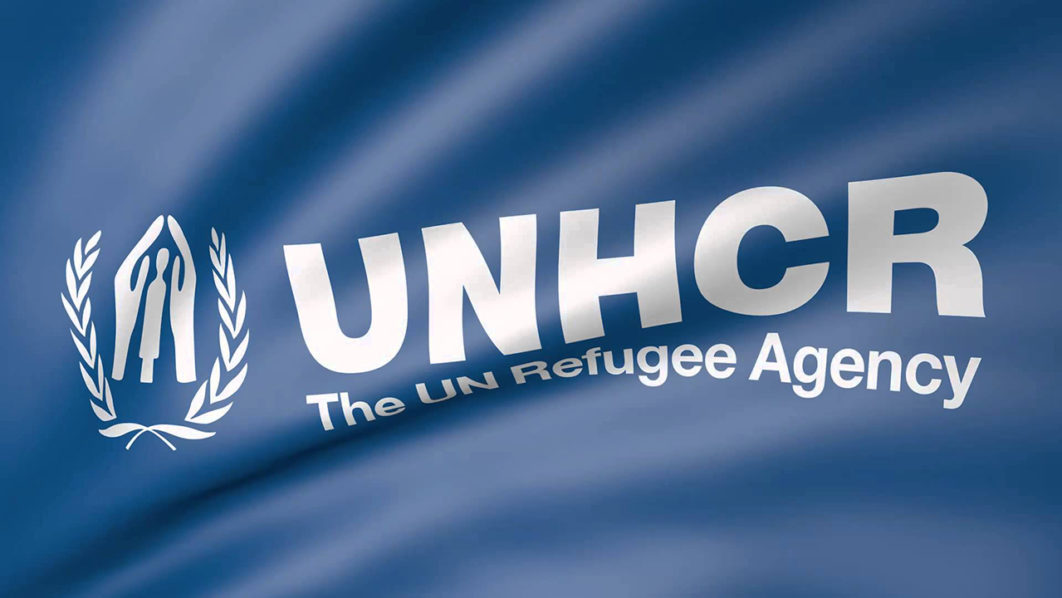
The United Nations High Commissioner for Refugees (UNHCR) has praised Nigeria for its exemplary treatment of refugees and support programmes after the country received a large number of refugees, primarily from Cameroon.
The commendation was delivered during a meeting at the Presidential Villa in Abuja, where UNHCR officials met with Vice President Kashim Shettima to discuss ongoing and future refugee support strategies.
UNHCR’s Assistant High Commissioner for Operations, Raouf Mazou, noted Nigeria’s exemplary treatment of refugees and discussed plans for enhancing support and transitioning towards sustainable development strategies.
Mazou expressed gratitude to Nigeria, saying, “I would like to thank Nigeria for receiving a large number of refugees, primarily from Cameroon. Nigeria has been exemplary in its treatment of refugees. The host communities are playing an essential role in making sure that these persons are resettled. The World Bank has a facility for refugees and host communities, and we would be accessing these facilities to see how we can bring additional support primarily to help the host communities.”
He continued, “We are now focusing on a shift primarily from providing humanitarian assistance to development. We are making sure that people become more self-reliant as much as possible.”
According to Mazou, this new approach aims to address long-standing issues of dependency on aid and facilitate easier reintegration when refugees return to their home countries. “We are working with the World Bank and the International Finance Corporation to tap into the resources of the private sector for this sustainable programming. We are moving away from humanitarian assistance to solutions.”
On the issue of voluntary repatriation, Mazou noted the increasing number of Nigerian refugees in neighbouring countries who are opting to return home, adding that “as much as possible, we are ensuring the voluntary return of those who want to go home.”
Vice President Shettima, in response, said that President Bola Tinubu’s administration will fully support initiatives aimed at alleviating the suffering of people displaced by conflict and natural disasters within and outside Nigeria’s borders.
Shettima assured the delegation of Tinubu’s continued collaboration and partnership with key stakeholders in addressing critical issues affecting the well-being of citizens and other persons affected by conflict and natural disasters in the country and elsewhere.
“For Nigeria, we will continue to accommodate our brother Africans displaced by conflict and natural disasters. I want to assure you that our partnership with the UN family will only be strengthened. We are open to new ideas for collaboration, especially the UN’s emphasis on the sustainable resettlement of refugees. By embracing sustainable pathways in resettling people, we can avoid donor fatigue,” Shettima said.
Shettima noted that the Nigerian government acknowledges and understands the difficulty of the situation in the Sahelian region, stating that “there is an incestuous relationship between ecology, economy, and insecurity in the Sahelian region. There is endemic poverty further compounded by the fallout of climate change.”
He said the challenges experienced in the country were unique, but assured that “the President is working round the clock to get things right. We are trying to diversify the economic base of the nation. We are working assiduously to fine-tune the structure.”






